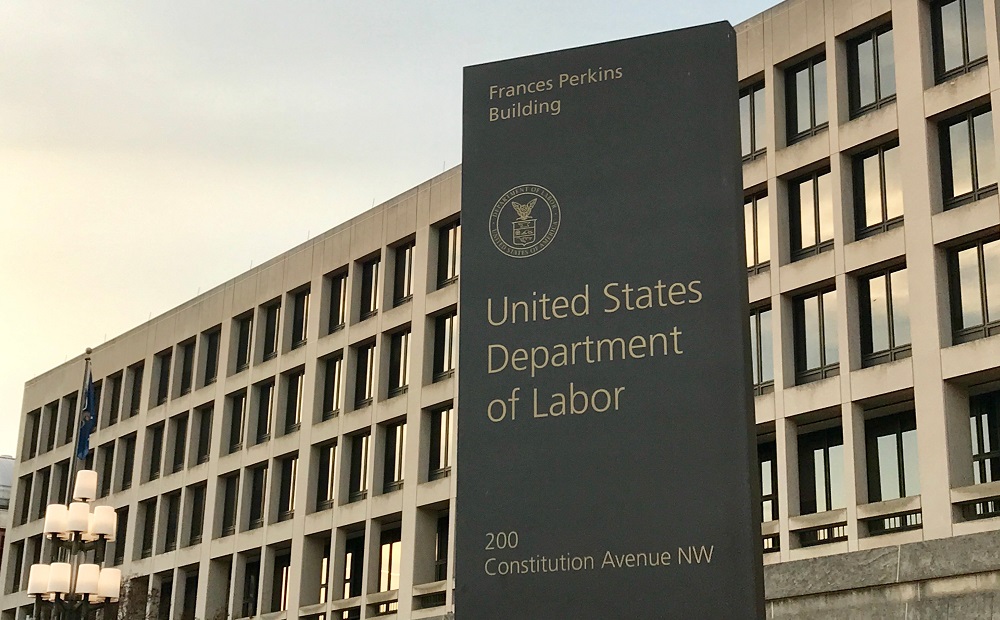During the NCOIL Fall Meeting, an Industry Education Council (IEC) Board vote was taken to have NAIFA’s State Government Relations Manager, Bianca Alonso Weiss, serve a 2-year term. The NCOIL Life Insurance is a Promise for Life Model Act was put on hold. Committee Chair Representative Carl Anderson (S.C.) states that industry representatives had withdrawn their requests to speak as a result.
Extensive discussion was had on the return of the U.S. Department of Labor (DOL) Fiduciary Rule. Life Insurance and Financial Planning Committee Chair Representative Carl Anderson (S.C.) said there was no need for federal intervention on this issue, and that the state-based system had been proven effective. There was strong agreement that the proposal was unnecessary and burdensome and undermined state-based insurance regulation. Encroachment should not be ignored, and the SEC has a “best interest” regulation that has been adopted by 40 states. The concept of “junk fees” is being used as a scare tactic, and traditional pensions are no longer the norm. Annuity owners were generally middle-income, and this proposal would represent a big hit to the middle market. She said the 40 states that had acted were home to 76% of the U.S. population.
The NCOIL-NAIC Dialogue provided an update on the Draft NAIC Consumer Privacy Protection Model Law. Rep. Ferguson asked about concerns that had been raised in connection with the NAIC’s intention to update and combine different consumer privacy protection models.
Comm. Birrane said the H Committee had met the previous day and had decided to extend the drafting and consideration period through the end of 2024. She said the Committee had also received industry comments regarding modifying the committee charge on the issue to be more flexible. The NAIC has “pressed a pause button” in lieu of the substantial number of open questions, particularly relating to privacy regulation in general and extant national, international, and state laws. Birrane noted it was important to question what is appropriate for a model law that regulates insurance and what that means for modernizing the NAIC’s existing privacy models. She said the drafting group had done a lot of work in a good faith effort to develop a broad model. The NAIC hopes to announce a direction for the initiative at its spring meeting.
The NAIC-NCOIL Dialogue offered an update on the NAIC’s Development of Model Bulletin on Issues Relating to Artificial Intelligence and the Insurance Industry. Rep. Ferguson noted that NCOIL had had a panel discussion the previous day on AI and insurance, and that NCOIL had filed a comment letter on non-statutory terms in the NAIC’s draft AI bulletin. She invited comments on the bulletin and whether the NAIC was considering removing non-statutory language.
Comm. Birrane said AI presented a potential for consumer harm, and like any tool, it had to be used within guidelines. The NAIC saw a need for a U.S. regulatory framework and had spent four months educating commissioners on AI. She said the bulletin focused not on regulating third parties but holding carriers responsible. Representatives of 20 states were involved in the drafting process and the most recent draft had been circulated in October, and the NAIC was still considering definitions. She said the NAIC appreciated comments on those and had avoided certain language that was not defined in statute. The draft also avoided terms like unfair discrimination, which some states had defined. The bulletin focused on AI systems with the potential to create adverse consumer consequences. She said proportionality was also a key consideration – relating to the robustness and size of carrier. She stated processes should be commensurate with the risk of consumer harm, and pricing decisions, for example, should be robustly considered. The goal was not to override statutes but do some practical work.
Prospects: NAIFA continues to prioritize strengthening our relationships with state legislators and regulators, as well as hold leadership positions within NCOIL. Our ongoing support and involvement with the NCOIL Industry Education Council (IEC) provides NAIFA the opportunity to sponsor NCOIL legislator participation, as well as educate lawmakers on other emerging policy issues we monitor.
NAIFA Staff Contact: Diane Boyle – Senior Vice President – Government Relations, at dboyle@naifa.org; or Bianca Alonso Weiss – State Government Relations Manager, at bweiss@naifa.org.






.png?width=600&height=90&name=Support%20IFAPAC%20%20(600%20%C3%97%2090%20px).png)
